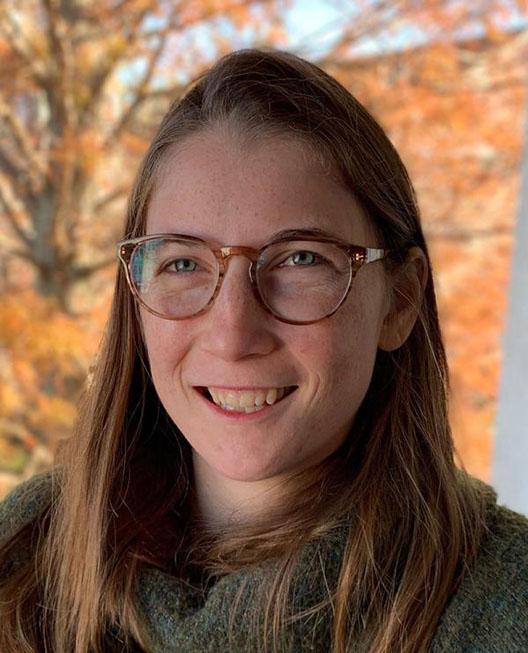Bridging Research and Community: Insights From a Louisiana CEAL Regional Team Researcher
Laura Perry, Ph.D., is an assistant professor at the Tulane University School of Medicine and researcher on the Louisiana CEAL Regional Team (LA-CEAL). At the upcoming American Public Health Association (APHA) conference, she will present findings from LA-CEAL’s research on building engagement to improve colorectal cancer screenings in Louisiana. This interview with Dr. Perry highlights the role of community partners in shaping the research and enhancing inclusive engagement in clinical research for underserved populations.
What is the objective of LA-CEAL’s research, and how does it address the needs of the community?
This research examines the effectiveness and feasibility of implementing an evidence-based financial incentive intervention for improving colorectal cancer screening at a federally qualified health center (FQHC) serving patients in Louisiana Acadiana.
LA-CEAL collaborated with FQHC community partners on this project to identify colorectal cancer screening as a key community priority. Our team at Louisiana CEAL was faced with the question: How might we be able to get more people in need of colorectal cancer screenings into screening?
How does LA-CEAL’s research address differences in health outcomes?
There is a disproportionate incidence of colorectal cancer in the Acadiana region of Louisiana, a relatively rural region of southern Louisiana known for its historically French and Cajun heritage. Moreover, adherence rates to colorectal cancer screening are suboptimal, particularly in FQHC patient populations in Louisiana. This research addresses these differences by implementing and evaluating evidence-based strategies to improve the uptake of colorectal cancer screening within primary care delivery at an FQHC in Louisiana Acadiana.
How were community partners involved in LA-CEAL’s research?
FQHC community partners informed the focus area, design, and implementation of this research. They identified colorectal cancer screening as an important priority to focus their efforts on and highlighted financial incentives as a potentially effective strategy in their patient population. The intervention was delivered by FQHC clinic staff and integrated into the clinic’s routine outreach for colorectal cancer screening.
What impact do you hope these community engagement efforts will have long-term?
We anticipate that our community engagement on this project will build trust with community partners, increase access to clinical trials, and improve inclusive engagement in clinical research for communities that are underrepresented and most in need. The evidence from this project will inform future program development and evaluation within FQHC health care systems to support evidence-based interventions in hard-to-reach populations.
LA-CEAL is grateful for the support of the NIH and its Community Engagement Alliance initiative that prioritizes community outreach and engagement for hard-to-reach populations that have been traditionally underrepresented in clinical research.
What are you looking forward to at the APHA conference?
This will be my first time attending the APHA conference, so I am looking forward to expanding my professional network and engaging with diverse perspectives focused on pressing community and public health needs.
Attend the LA-CEAL presentation, Building engagement using financial incentives for colorectal cancer screening (BENEFIT-C) in a rural federally qualified health center* on Monday, October 28, from 3:00-3:15 p.m. at APHA.

Laura Perry, Ph.D.
Last updated: April 11, 2025